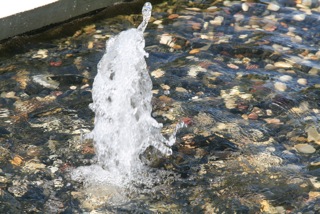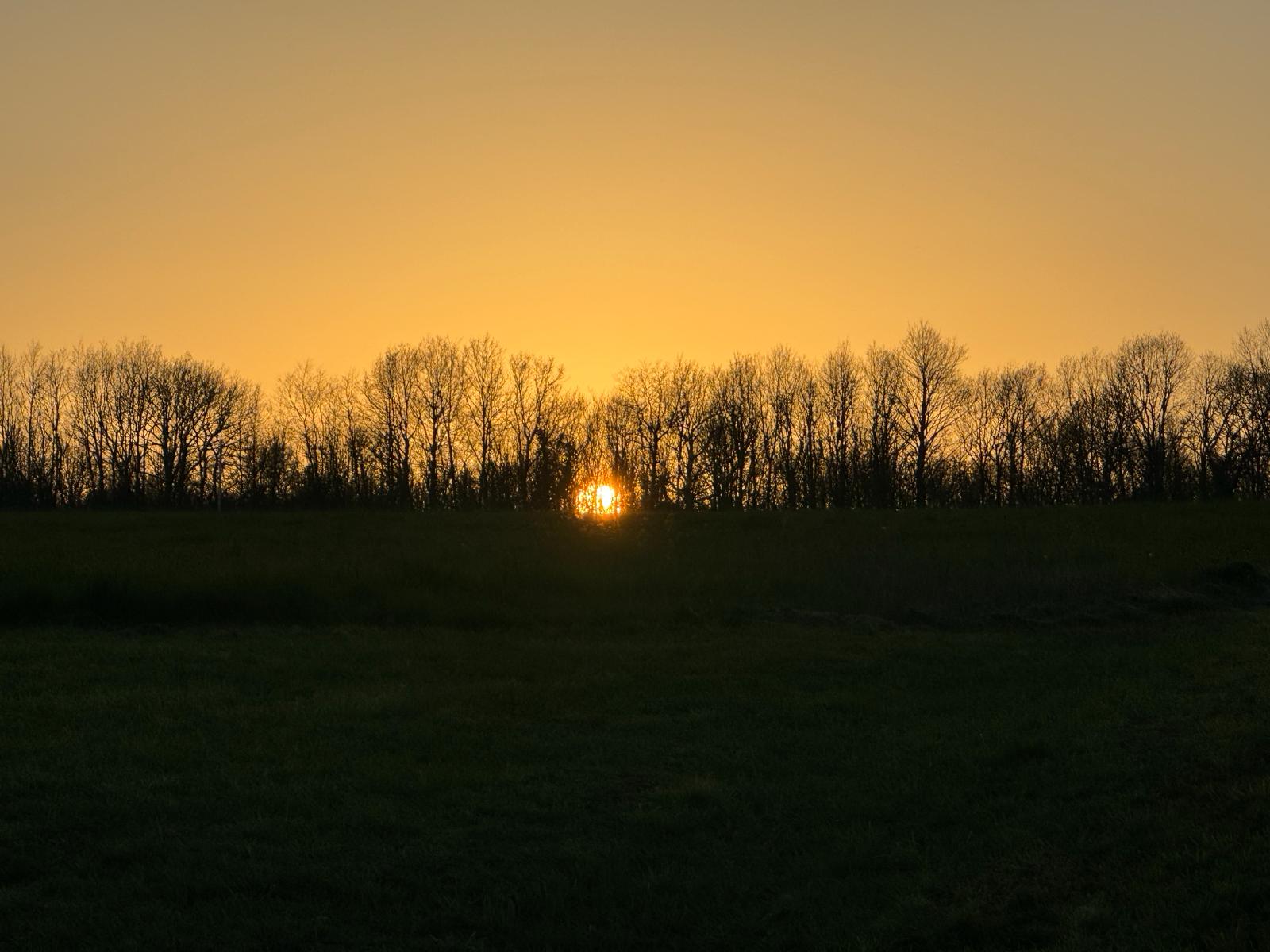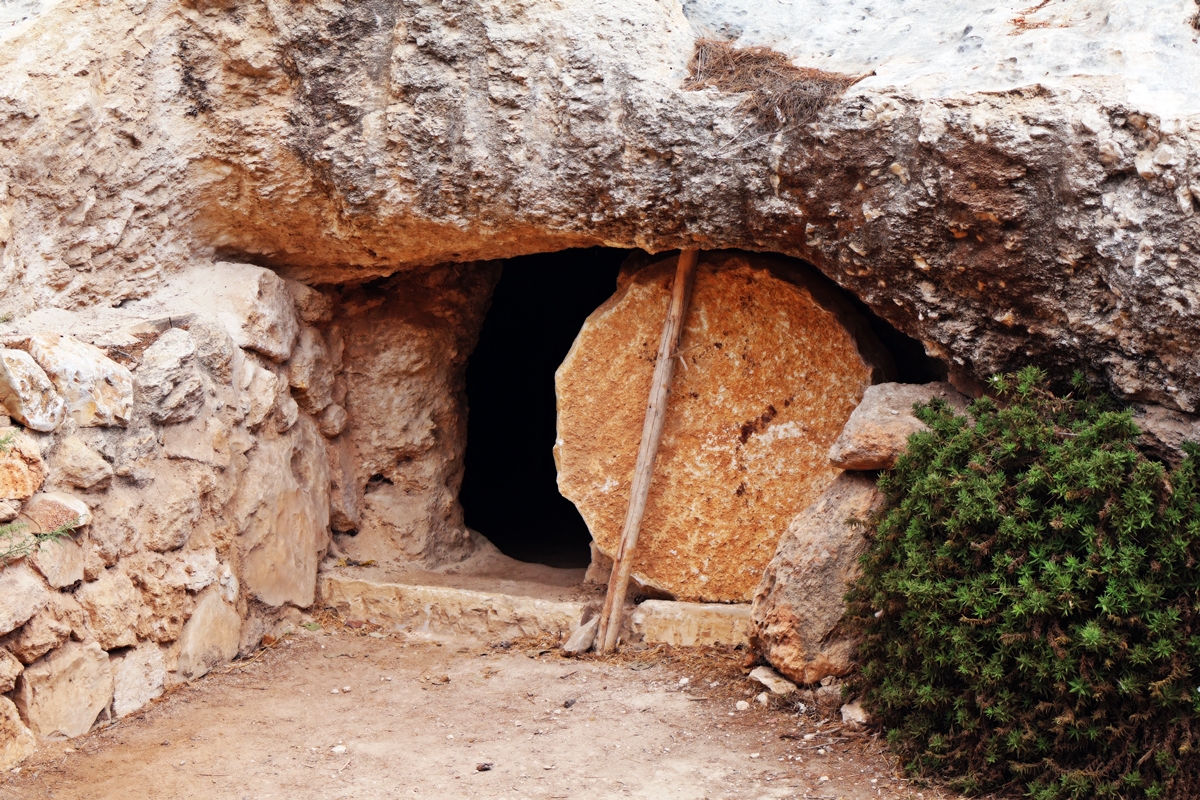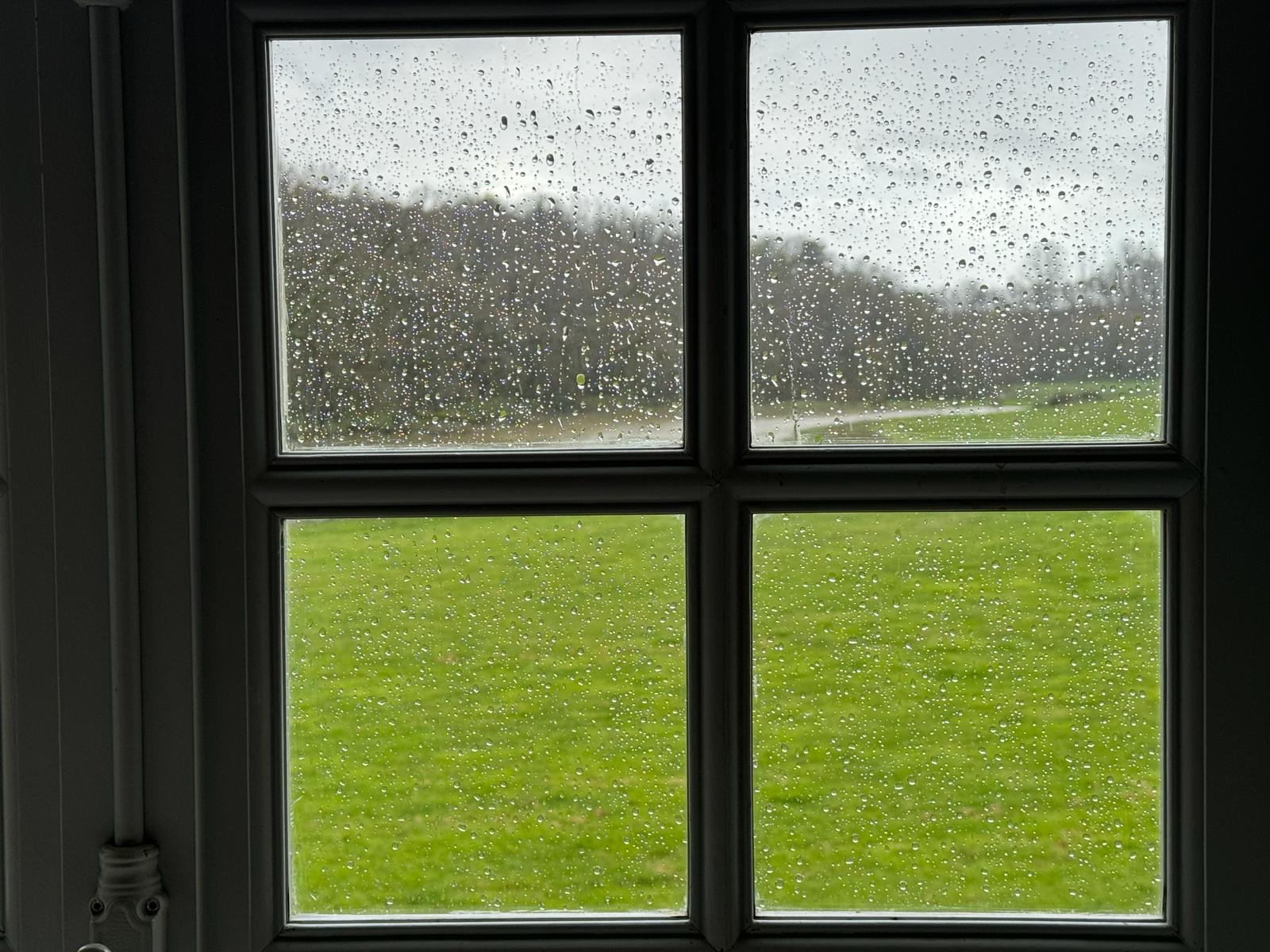

Since humanity developed technology we have often seen ourselves in competition with nature. We can improve it, control it, avoid the dangers it presents. To deny that we have this capacity and desire would be romantic. To be conscious in a human way – differently from animals or plants – means that we stand outside the natural order. Or, perhaps, let’s say that we are in the natural order in a way that demands a conscious response. Therefore to have the power that consciousness brings also calls us to be moral and responsible for our actions.
As the world trembles at so many tipping points, ecologically no less than politically, the way we are conscious is increasingly relevant to the solutions we seek. Truth rather than just problem-solving is as necessary for our global as it is for our personal lives.
It’s odd to think that meditation and our Lenten practices – designed to keep us growing in consciousness with clarity and therefore in responsibility – has an effect in this way. It affects not just on the way we handle difficult people at work today or offer a moment’s compassionate attention to someone who is not otherwise useful to us; but also – in the same way that a flower breaking the surface of the soil sends a ripple through distant galaxies – on global warming and the struggle for human rights in the middle east. To be conscious means to know we are separate from nothing and connected to everything.
Laurence Freeman OSB
Listen to the Lent Daily Reflections Podcast HERE



